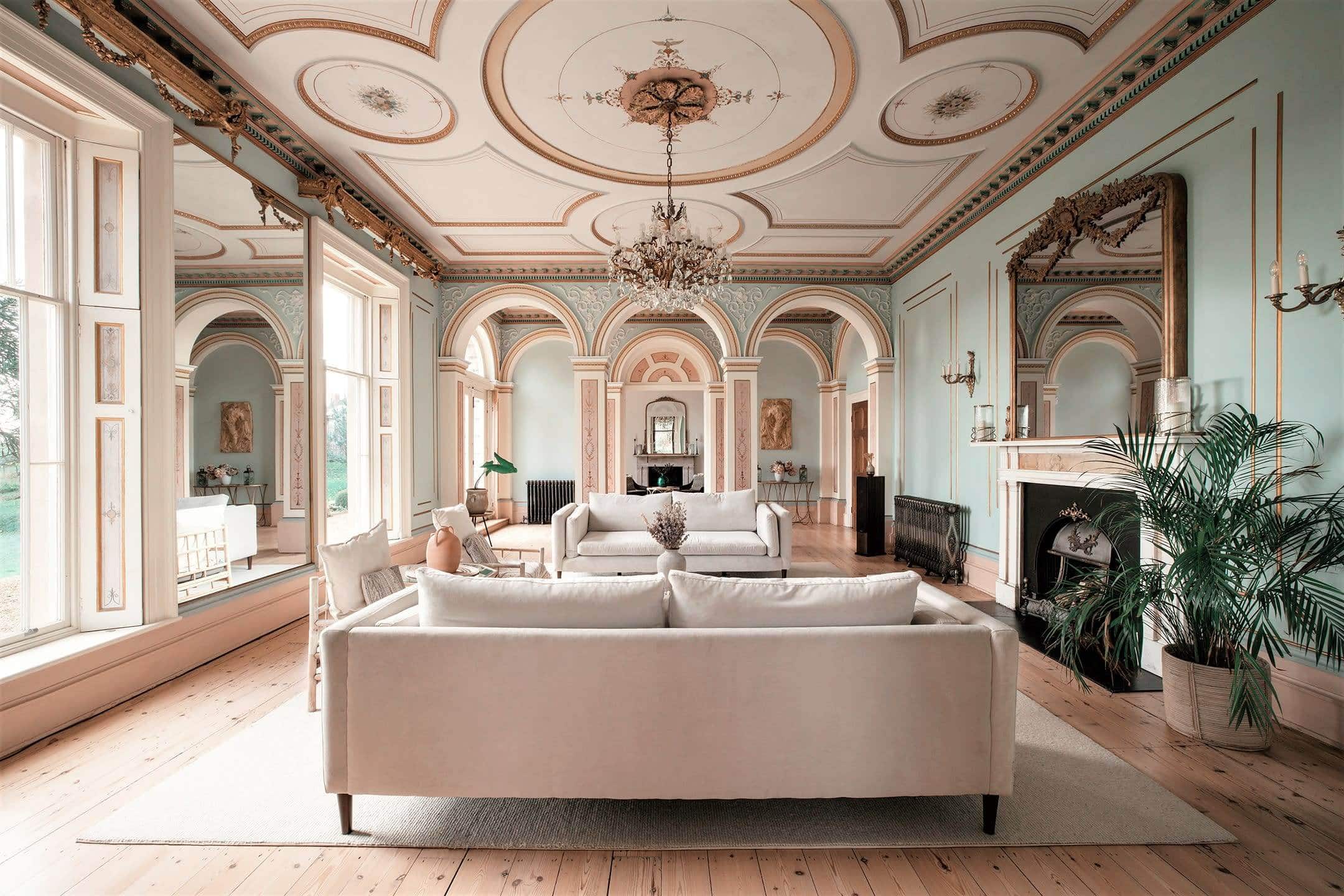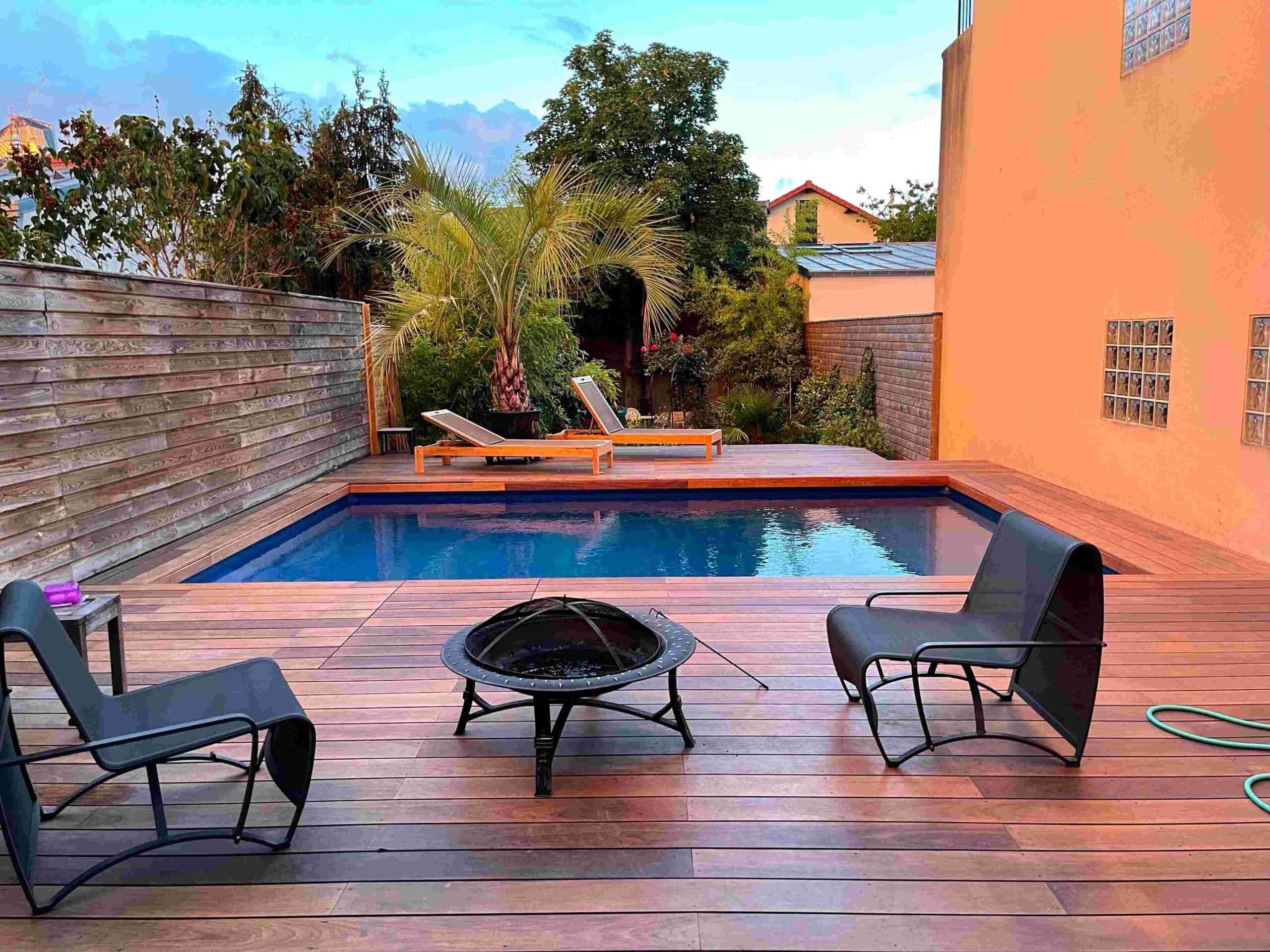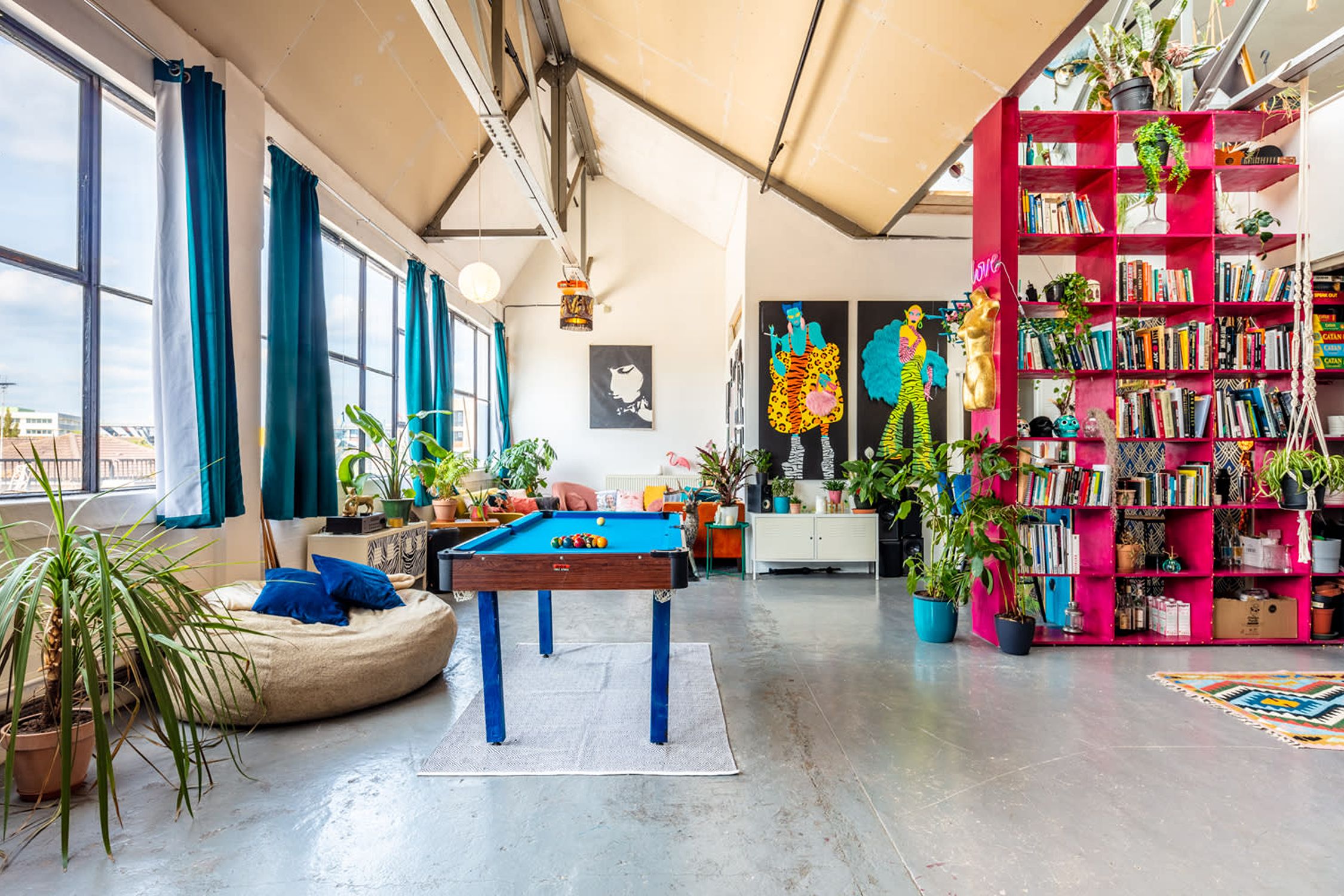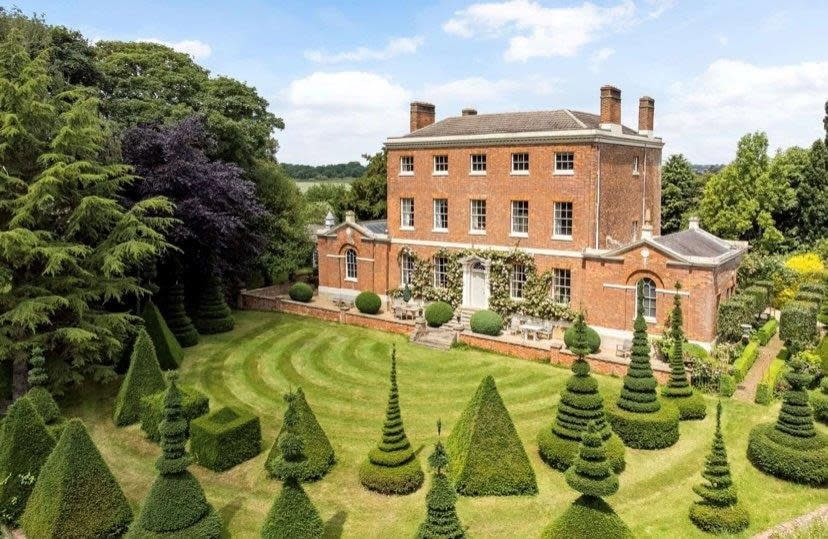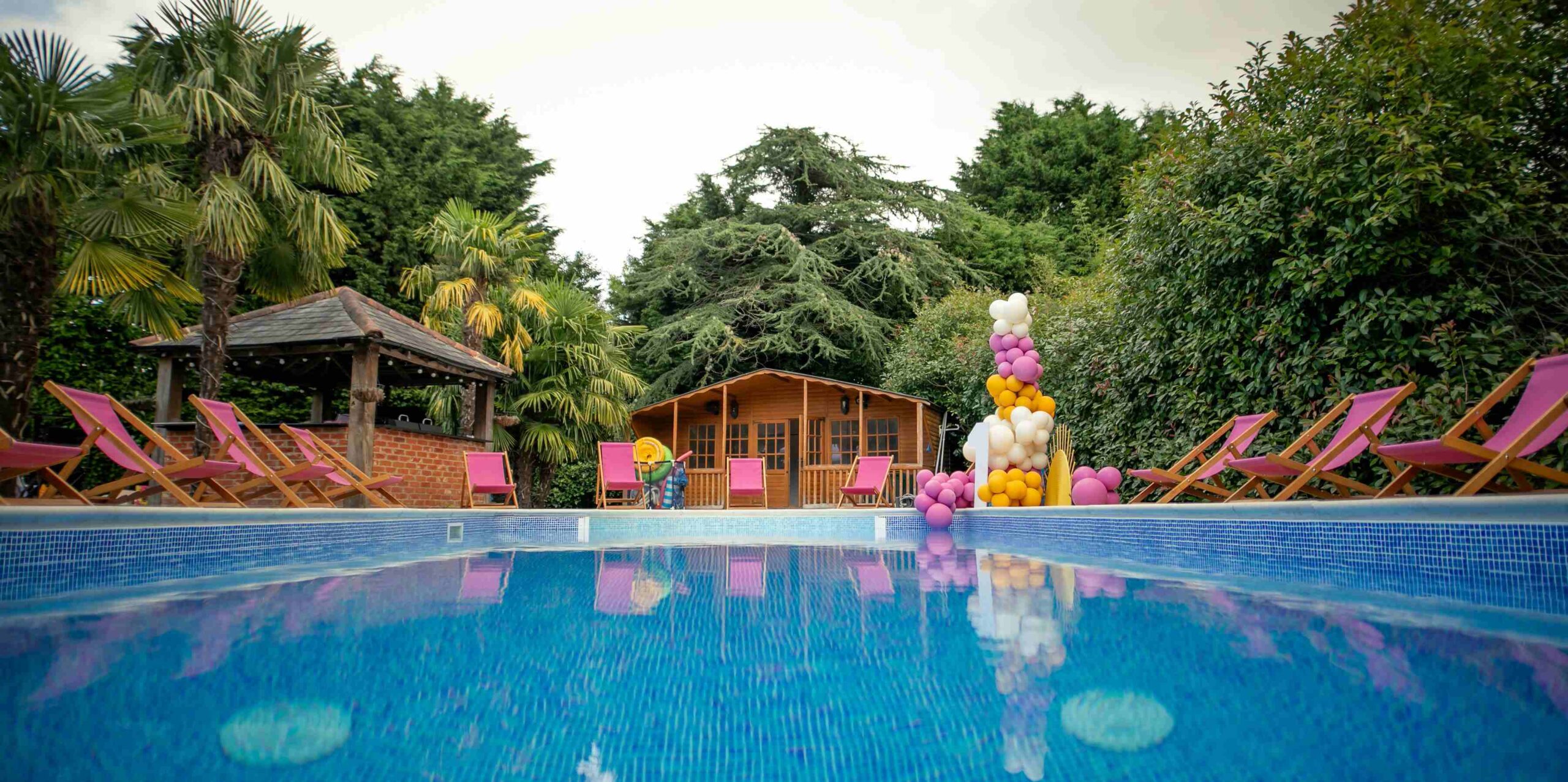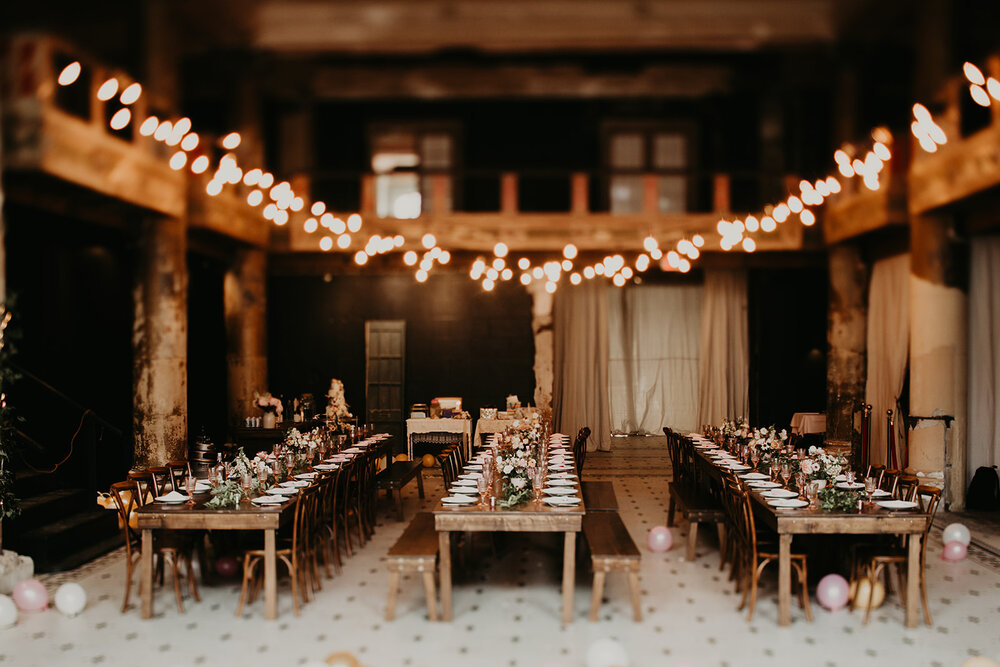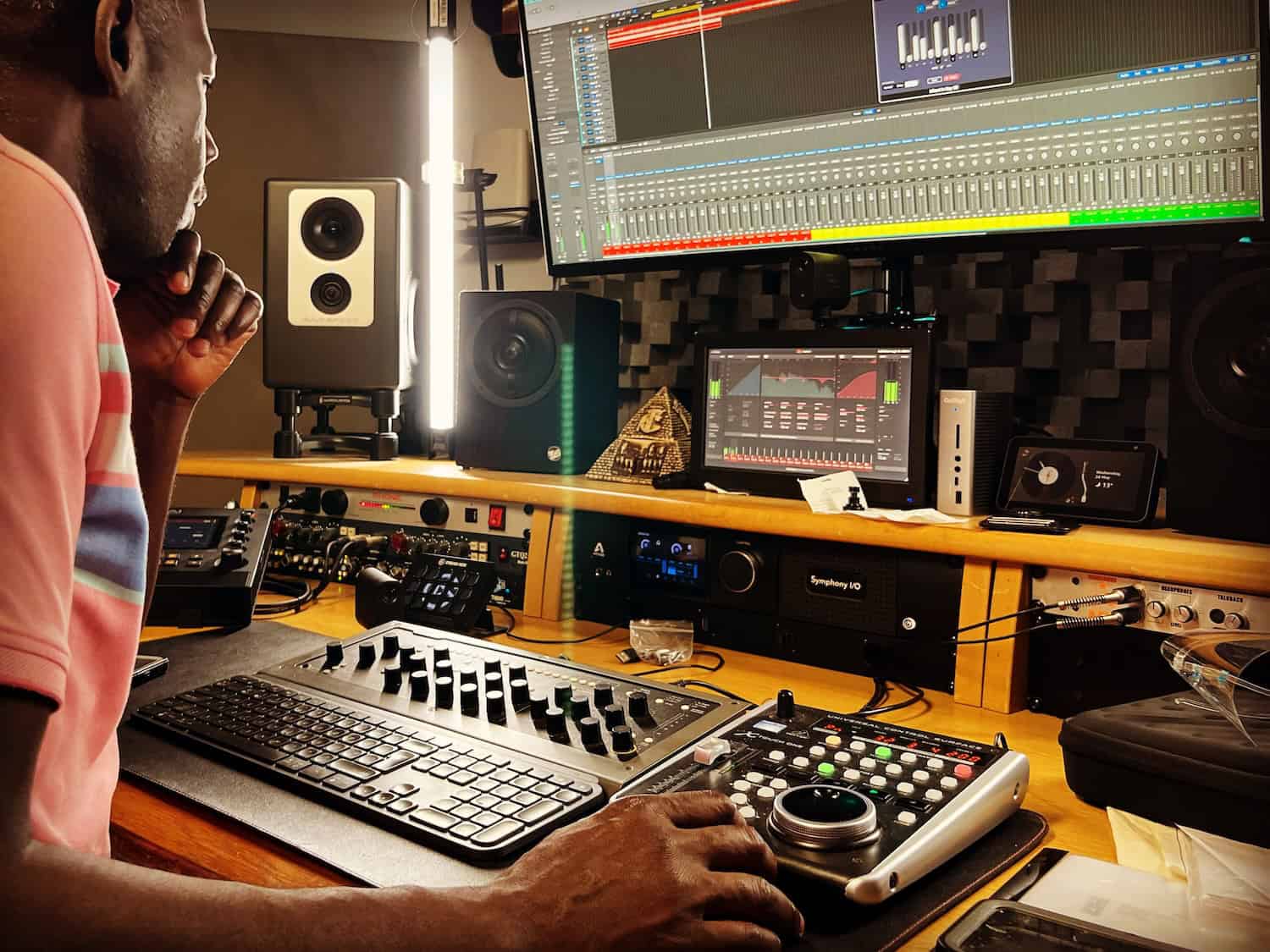
Source: Peerspace
Great music needs more than inspiration—it needs the right room to record it in. Some musicians toy with the idea of booking an Airbnb recording studio, lured in by stylish home setups or remote cabins that look like they’d make the perfect creative hideaway. But Airbnb’s properties are built for overnight guests, not musicians.
From thin walls and noise restrictions to unpredictable acoustics and frustrated neighbours, plenty of listings that seem vibe-worthy online miss the mark when it comes to producing real studio-quality tracks. To help your sessions run smoothly, this guide breaks down why a proper recording studio is still the right stage—and where you can find the perfect space to bring your sound to life.
Pro tip: Airbnb is for sleeping—Peerspace is for creating. Forget battling bad acoustics or worrying about angry neighbours—these studio-ready spaces, from professional recording booths you can hire for the day to podcast studios bookable by the hour, are designed to handle big sound and long sessions without interruption.
Table of contents:
- Is Airbnb a good choice for recording sessions?
- Why Airbnb isn’t built for recording sessions
- Finding a recording space without the Airbnb risks
- The real cost of booking a recording space
- Why Peerspace beats Airbnb for recording sessions
- Your guide to finding the right music studio with Peerspace
Can you use Airbnb to record music?
Quick answer: No.
Airbnb hires aren’t built for recording sessions. Airbnb’s noise policy requires guests to respect quiet hours, avoid loud music, and keep gatherings from disturbing neighbours. To keep your session on track, it pays to record in a space made for musicians.
How Airbnb music studios fall short
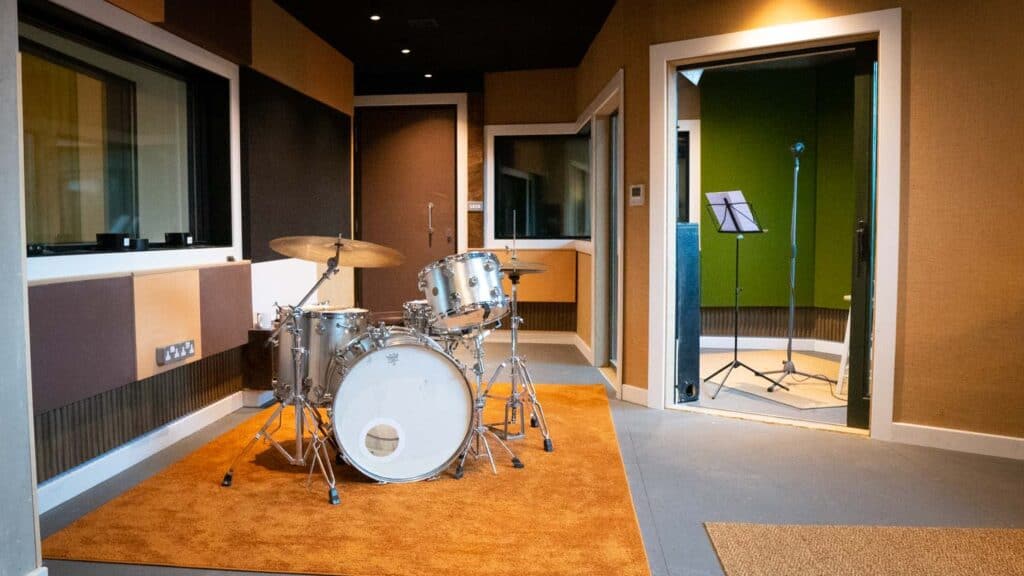
Quiet hours could kill the vibe
Airbnb listings come with strict noise rules, including quiet hours and bans on loud music. Many hosts even install noise-monitoring devices (with disclosure) to flag disruptive sound levels. For musicians, that’s a serious problem. Recording drums or layering vocal harmonies late into the night is standard practice—but it could result in complaints or even cancellation.
Insurance won’t cover your gear
Airbnb’s AirCover liability insurance is designed for standard overnight guests—not bands rolling in with thousands of dollars’ worth of equipment. If your amp or mixing desk gets damaged during setup (or worse, stolen), you’re unlikely to be covered. And if someone trips over a cable and gets hurt, liability protection won’t extend to non-overnight visitors like your engineer or session musician.
Guest caps can break up the band
A recording session isn’t usually just four bandmates and a guitar. Throw in the engineer, the producer, maybe a videographer, and it could push you over the maximum occupancy (usually 10–15 people for Airbnb), putting your booking at risk.
House rules can’t handle heavy kit
A proper recording session usually calls for more than just a laptop and a mic. Think drum kits, amps, speakers and soundproofing panels. Many Airbnbs prohibit moving furniture, drilling into walls, or rearranging spaces—but that’s exactly what it takes to set up an improvised studio. Even loading gear through narrow hallways or parking a van outside could spark issues with hosts or neighbours. One scratched floorboard could cost more than the session itself.
How to find a venue like an Airbnb for a recording session
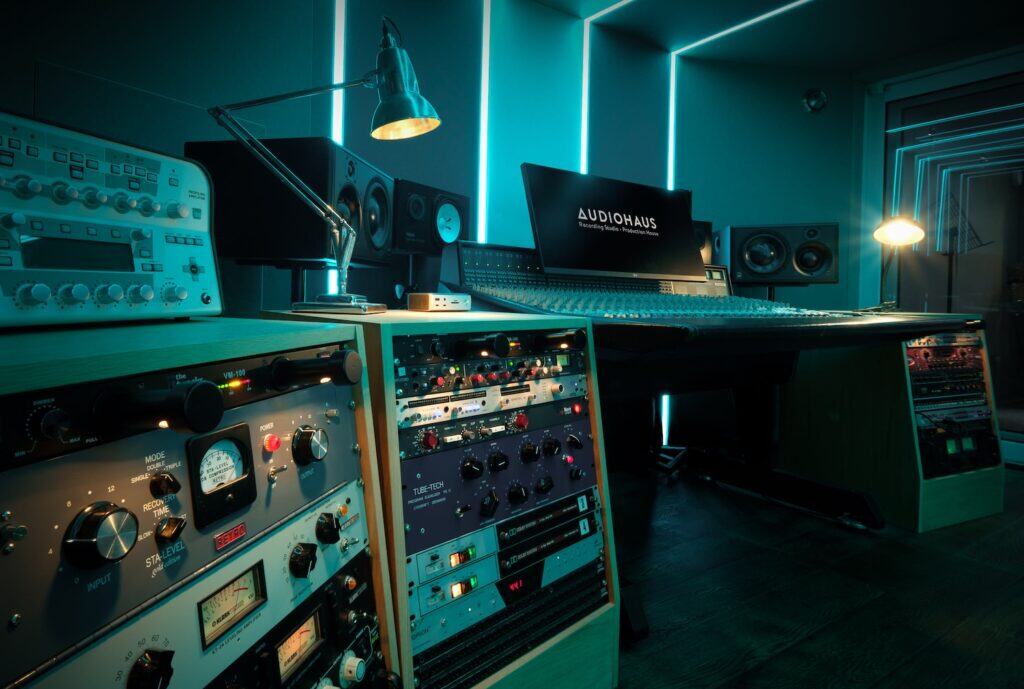
Check the rules before you soundcheck
Plenty of venues look like cool, creative hideouts, but restrictions often tell a different story. Noise curfews, bans on “events,” or rules against bringing extra visitors can derail a recording session fast. Even a single neighbour complaint could see your booking cancelled mid-take. Review the house rules on noise, guests, and equipment before you book.
Lock in your recording must-haves
Every band or artist needs different things from a studio. Do you need isolation booths for clean vocals? Enough space for a full drum kit or a grand piano? Reliable Wi-Fi for remote collaborators? Knowing your essentials upfront keeps you from ending up in a space that can’t support your session.
Power your gear and your creativity
Recording setups demand serious infrastructure—multiple outlets and enough load capacity to run amps, mixers, and lighting without tripping circuits. A venue with weak or unreliable power can mean ruined takes, damaged gear, or even total session shutdown. If you’re streaming or collaborating remotely, strong connectivity is just as critical as the acoustics.
Access can make or break a session
Getting gear in and out of a space is half the battle. Ground-floor access is ideal, but if you’re headed upstairs, a service lift is a must. Even if you travel light with just a laptop, hauling amps, drum kits, or heavy cases up narrow flights of stairs is a recipe for frustration—and potential damage. Vehicle access matters too. A venue with close parking or a loading bay saves hours of lugging equipment and keeps your session running smoothly.
The takeaway: Good vibes don’t equal good takes—choose a space built for music for your next recording session. A cool-looking space might spark inspiration, but it’s proper power and the right setup that you and your band actually need.
How much does it cost to hire a venue for a recording session?
You’ll only pay for the recording time you actually need on Peerspace—with studio spaces ranging from £30 to £150+ per hour.
Secure your session time nowTo keep your project on budget, factor in the kit, the city and the calendar.
Every mic and amp adds up
Not every venue includes the kit you need in the hire fee. Some studios bundle essentials like mics, stands, and a mixing desk, while others charge extra for everything from drum kits to guitar amps. Want vintage gear, isolation booths, or extra monitors? Expect surcharges. A space that looks cheap up front can balloon in price once you add on all the tools you need.
City studios come at a cost
Big-name studios in the heart of the city can mean big bills. Spaces in central London, Manchester, or Glasgow can run at double the cost of suburban spots, purely because they’re close to trains, hotels, and late-night food runs. Extras like parking fees and congestion charges can also see costs climb higher.
Midweek sessions hit the right note
Summer is peak time for festivals and touring (2025 even saw record figures!), which means studios often get booked solid with rehearsals and last-minute recording sessions. If you’re not restricted by a release date, steer clear of June to August. Fridays through Sundays also often cost more. For projects that need multiple days, Tuesday–Thursday stretches can be both budget-friendly and less pressured—giving you more breathing space to find your rhythm and creativity.
How Peerspace is better than Airbnb for your recording session
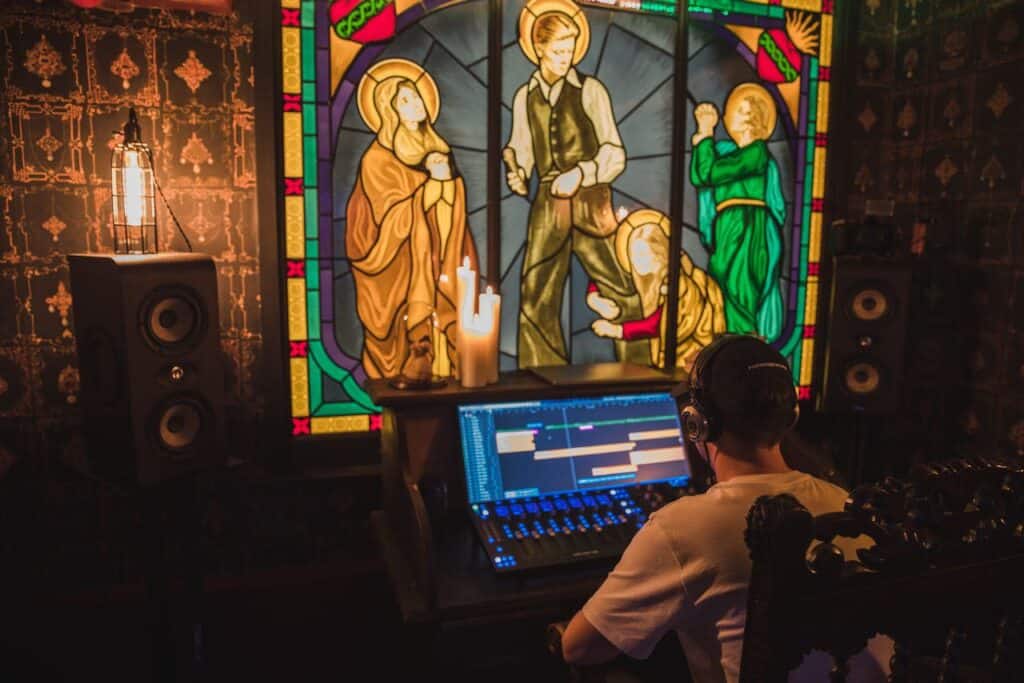
Transparent listings = reliable sessions
Airbnb tells you how comfy the bed is, not whether the room echoes like a cathedral. Peerspace is built for creatives. Listings spell out acoustics, tech specs, and noise rules—and share feedback from other musicians who’ve already recorded there.
Pay for studio time, not bedtime
Airbnb requires an overnight stay—even if you only need a space for a few hours to record. Peerspace uses transparent hourly pricing, so you’re only paying for the time you use.
Studios are ready for your setup
On Airbnb, hauling in amps, drum kits, or recording gear often breaks house rules—and can trigger complaints. Peerspace venues are designed for load-ins. Many have ground-floor access, service lifts, and plenty of outlets, making setup and teardown part of the plan.
Reschedule without missing a beat
Recording schedules are rarely predictable. With Airbnb’s rigid cancellation and change policies, you risk paying for time you can’t use. Peerspace is built with flexibility in mind, letting you adjust hours, extend your booking, or reschedule entirely without unnecessary penalties.
How to find a recording studio on Peerspace
Here’s how to find a recording studio that fits your sound and your budget.
- Head to Peerspace.com/uk or download the app on the Apple App Store or Google Play Store.
- Select “Recording Studio” as your activity, then enter your preferred location.
- Refine your search using filters for date, budget, crew size, and must-have amenities like soundproofing or gear.
- Browse photos, tech specs, and reviews from other musicians who’ve recorded there.
- Message the host to check noise policies, load-in access, and available equipment.
- Hit “Book now” to lock in your space.
The wrong space hits the wrong chord
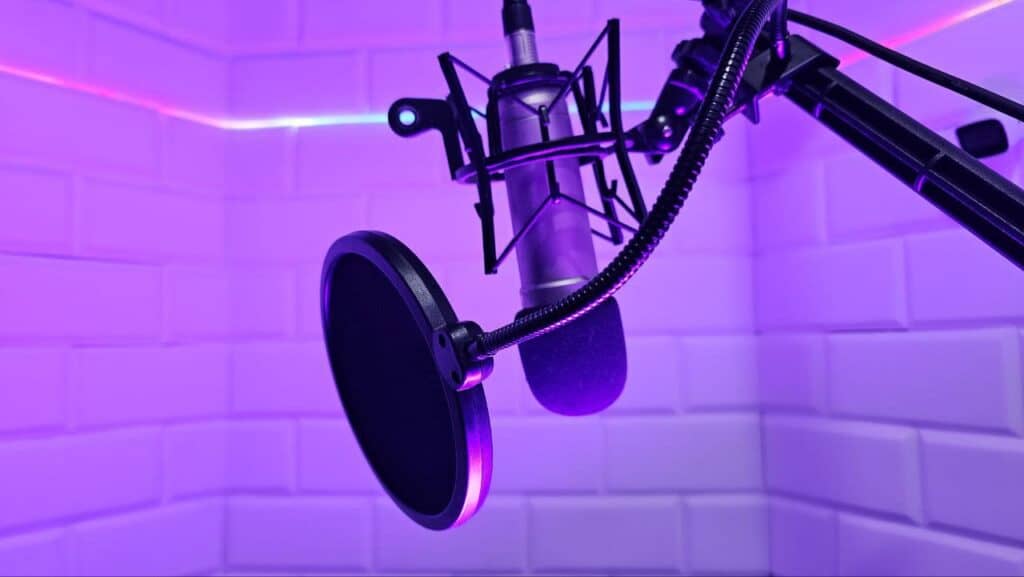
The best recording sessions aren’t just creative—they’re seamless. Think soundproofing and acoustics you can trust, power that keeps your gear running, easy load-ins for heavy kit, and no surprise restrictions on noise or guests.
Peerspace connects you to venues built for clean takes and consistent acoustics. Book your next recording session space today.
Get together somewhere better
Book thousands of unique spaces directly from local hosts.
Explore SpacesShare your space and start earning
Join thousands of hosts renting their space for meetings, events, and photo shoots.
List Your Space


